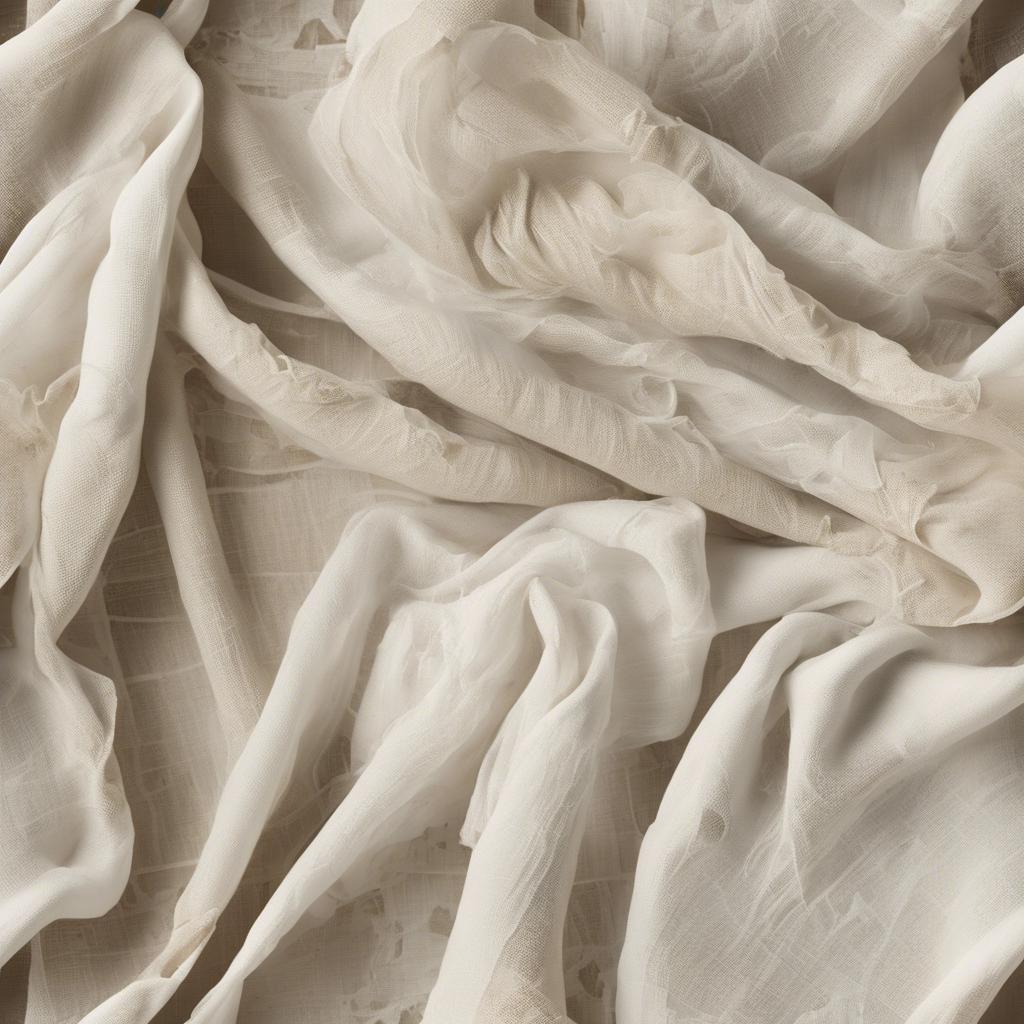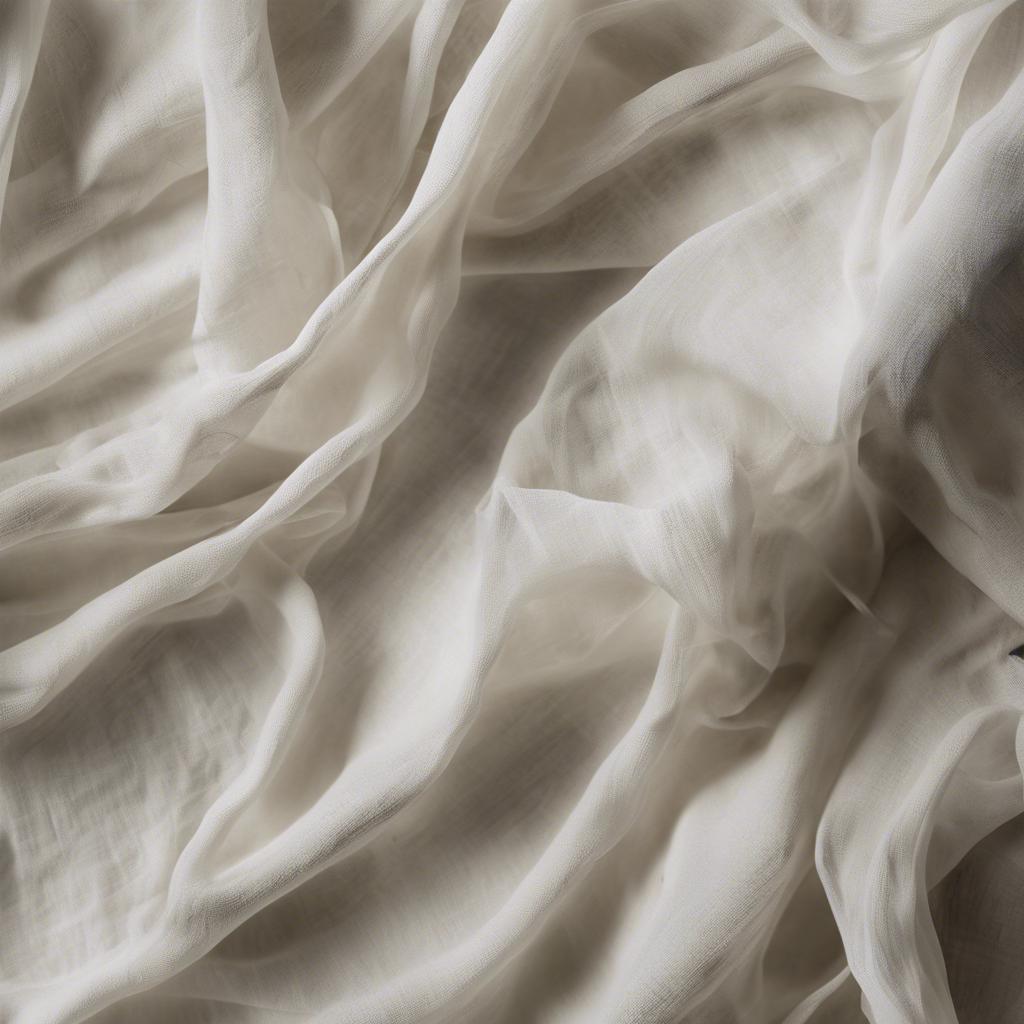In the 18th century, sprigged muslin fabric emerged as a popular choice among high society for its delicate beauty and intricate designs. This lightweight cotton material, adorned with tiny floral motifs, became synonymous with elegance and refinement in fashion. Join us as we delve into the rich history of sprigged muslin fabric, exploring its origins, significance, and lasting impact on the world of textiles.
Step Into the World of Cheryl Bolen
Dive into the enchanting stories of love, intrigue, and elegance set in the Regency Era. Cheryl Bolen's novels offer timeless romance and captivating tales that will leave you wanting more.
Explore Cheryl Bolen's Books Now
Origins and History of Sprigged Muslin Fabric
Sprigged muslin fabric has a rich history dating back to the 18th century. Originating in India, this delicate and lightweight fabric was highly sought after for its intricate patterns and airy feel. The term “sprigged” refers to the small, scattered motifs that are embroidered or printed onto the muslin fabric, creating a beautiful and timeless look.
During the British colonial period in India, sprigged muslin fabric became incredibly popular among the upper class. British aristocrats were particularly enamored with the fabric’s soft texture and elegant designs, leading to a surge in demand for muslin garments and accessories. The craftsmanship and artistry of sprigged muslin fabric made it a symbol of wealth and sophistication.
As the Industrial Revolution took hold in the 19th century, sprigged muslin fabric production evolved to incorporate more advanced weaving and printing techniques. This allowed for quicker and more efficient production, making muslin fabric more accessible to a wider audience. Despite these changes, the timeless beauty and charm of sprigged muslin fabric have endured through the centuries, making it a classic choice for those who appreciate its history and elegance.
Characteristics and Properties of Sprigged Muslin Fabric
Sprigged muslin fabric is a delicate and lightweight material that has been cherished for centuries for its unique characteristics. This type of muslin fabric is beloved for its intricate patterns of small, embroidered motifs known as “sprigs.” These sprigs are usually made of floral designs, adding a touch of elegance and femininity to the fabric.
One of the key properties of sprigged muslin fabric is its breathability. This fabric is made from fine cotton fibers, allowing air to flow through the material easily. As a result, sprigged muslin fabric is perfect for warm climates or for wearing during the summer months. Additionally, the lightweight nature of the fabric makes it incredibly comfortable to wear, providing a feeling of freedom and ease.
In terms of care, sprigged muslin fabric is relatively low-maintenance. It can be easily hand-washed or machine-washed on a gentle cycle, making it suitable for everyday wear. However, it is important to avoid harsh chemicals or high heat when washing or ironing this delicate fabric to preserve its intricate sprigged patterns for years to come.
| Pros | Cons |
|---|---|
| Lightweight and breathable | May be prone to snagging or tearing |
| Easy to care for | Requires gentle washing |
| Intricate sprigged patterns | Not as durable as heavier fabrics |
Tips for Caring for Sprigged Muslin Fabric
When caring for sprigged muslin fabric, it is important to handle it with care to ensure its longevity and beauty. Here are some tips to help you properly care for your delicate muslin fabric:
Cleaning:
- Hand wash in cold water with a gentle detergent
- Avoid wringing or twisting the fabric
- Lay flat to dry to maintain the shape and avoid stretching
Storage:
- Store in a cool, dry place away from direct sunlight to prevent fading
- Avoid hanging muslin fabric to prevent stretching
- If folding, use tissue paper to prevent creases and wrinkles
Incorporating Sprigged Muslin Fabric into Your Wardrobe
Sprigged muslin fabric has been a beloved material in fashion for centuries, known for its delicate floral patterns and lightweight feel. Incorporating this timeless fabric into your wardrobe can add a touch of elegance and sophistication to any outfit. Whether you opt for a sprigged muslin blouse, skirt, or dress, the subtle charm of this fabric is sure to turn heads wherever you go.
One way to incorporate sprigged muslin fabric into your wardrobe is by choosing a statement piece, such as a flowing maxi dress or a ruffled blouse. Pairing this standout item with simple, solid-colored pieces can help create a balanced look that allows the intricate pattern of the fabric to shine. Accessorizing with vintage jewelry or a straw hat can further enhance the romantic, vintage-inspired feel of sprigged muslin fabric.
For a more modern twist on sprigged muslin fabric, consider opting for a tailored blazer or trousers in this classic material. Mixing traditional and contemporary elements can create a unique and stylish outfit that showcases your individuality. Experimenting with different silhouettes and textures can also help you find the perfect balance between classic elegance and modern flair when .
Closing Remarks
sprigged muslin fabric has played a significant role in the history of fashion and textile design. Its delicate and intricate patterns have adorned garments and furnishings for centuries, showcasing the artistry and craftsmanship of skilled artisans. From its origins in India to its popularity in Europe during the Regency era, sprigged muslin has captured the imagination of designers and consumers alike. Today, this timeless fabric continues to inspire contemporary creations, reminding us of its enduring beauty and enduring appeal. As we look back on the rich heritage of sprigged muslin, we are reminded of the lasting impact it has had on the world of fashion and design.


